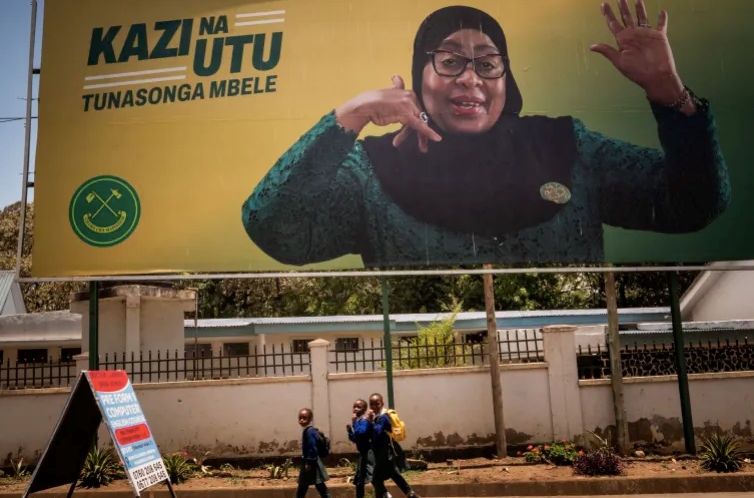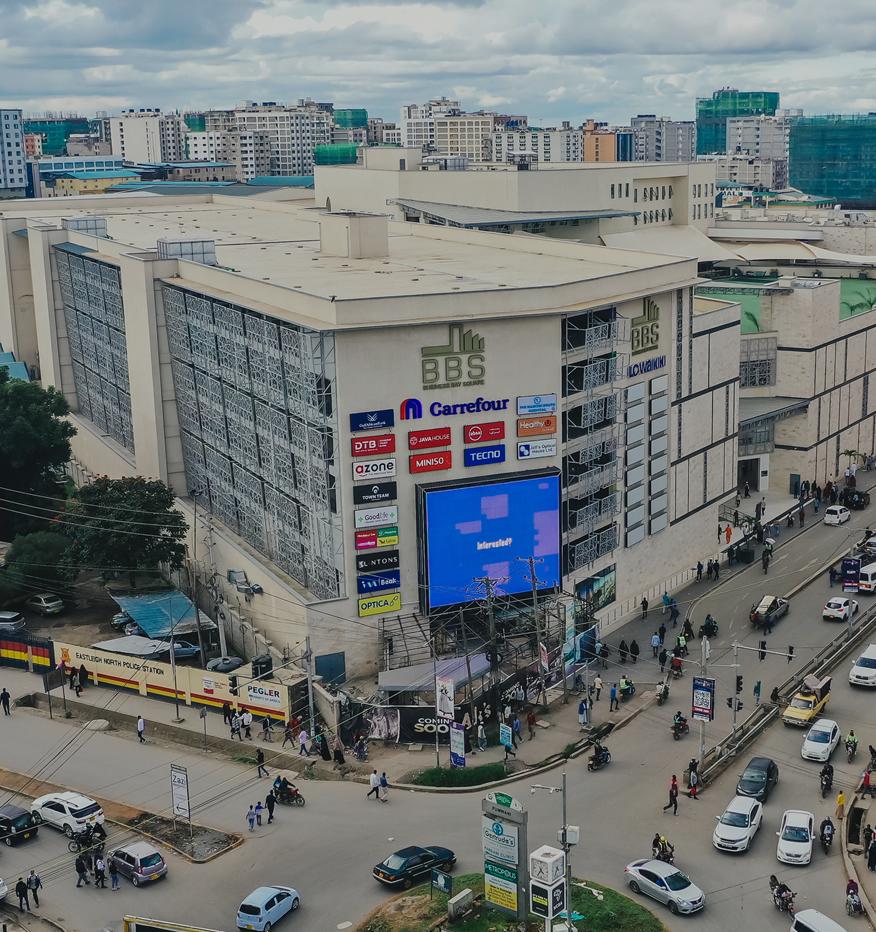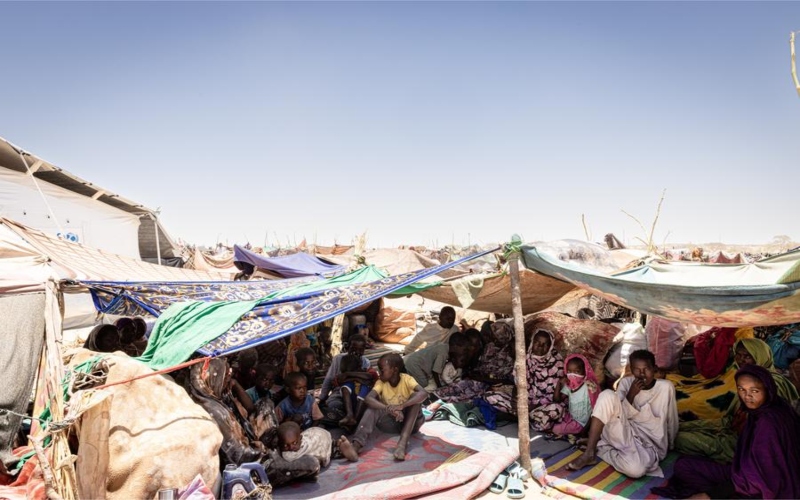In northern Gaza, starved families survive on bread alone

The offensive has left Gaza in ruins, killing more than 37,000 people, according to its health authorities, and left much of the population homeless and destitute.
In the north of the Gaza Strip where Palestinians have been hit hardest by hunger, residents say acute shortages of vegetables, fruit and meat means they are surviving on bread alone.
Food that can be found in the market is being sold at exorbitant prices, they said: a kilo of green peppers, which cost about a dollar before the war, was priced at 320 shekels or nearly $90. Traders demanded $70 for just a kilo of onions.
More To Read
- Global food prices ease as East Africa slips deeper into hunger – report
- Desperate need for water and food continues as Gaza families head north
- UN says delivering aid to northern Gaza remains challenging
- Gaza intensifies efforts to clear rubble, reopen roads amid severe shortage of fuel
- With 83 per cent of its buildings destroyed, Gaza needs more than money to rebuild
- WFP warns of severe hunger crisis amid funding cuts
"We are being starved, the world has forgotten about us," said Um Mohammed, a mother of six in Gaza City.
She has remained there throughout more than eight months of Israeli bombardments. But she and her family have left their home for designated shelters in UN schools several times.
"Except for the flour, bread, we have nothing else, we don't have anything to eat it with, so we eat bread only," she said.
In late May, the Israeli military lifted a ban on the sale of fresh food to Gaza from Israel and the occupied West Bank, Palestinian officials and international aid workers said.
But in social media posts, Gazans accused unscrupulous merchants of exploiting needs by buying goods at regular prices in Israel and the West Bank and selling them at a huge mark-up.
They said traders are taking advantage of a breakdown of policing in the Hamas-run Gaza Strip.
"There's no meat or vegetables and if something is available, it is being sold at unbelievable, fictional prices," Um Mohammed told Reuters via a chat app.
The flow of UN aid in the devastated Palestinian territory has been heavily squeezed since the start of Israeli military operations in Rafah in south Gaza, the key gateway into the enclave from Egypt. Israel is coming under mounting global pressure to ease the crisis as humanitarian agencies warn of looming famine.
Israel says it puts no limit on humanitarian supplies for civilians in Gaza and has blamed the United Nations for slow deliveries, saying its operations are inefficient.
On Friday, witnesses said planes dropped aid boxes on areas in Al-Karara and Khan Younis in the southern Gaza Strip.
"A significant proportion of Gaza's population is now facing catastrophic hunger and famine-like conditions," WHO Director-General Tedros Adhanom Ghebreyesus said on Wednesday.
Tedros said more than 8,000 children under five in Gaza had been diagnosed with and treated for acute malnutrition, including 1,600 children with severe acute malnutrition.
The health ministry in Gaza said on Friday that 27 children had died of malnutrition in the enclave since the start of the war last October.
"A humanitarian tragedy is hitting northern Gaza and the ghost of famine is looming in the air," the ministry said.
On Friday, Gaza's Chamber of Commerce issued an urgent appeal to the international community to put pressure on Israel to allow the entry of urgently needed aid.
"In addition to the shortage of food, water and medicine, the northern Gaza Strip suffers from a severe shortage of many basic necessities of life, including public and personal hygiene materials," it said in a statement.
"With the lack of fuel and electricity, and the lack of health care services, hospitals have gone out of service, and a complete destruction of all public and private facilities has occurred."
Top Stories Today












































